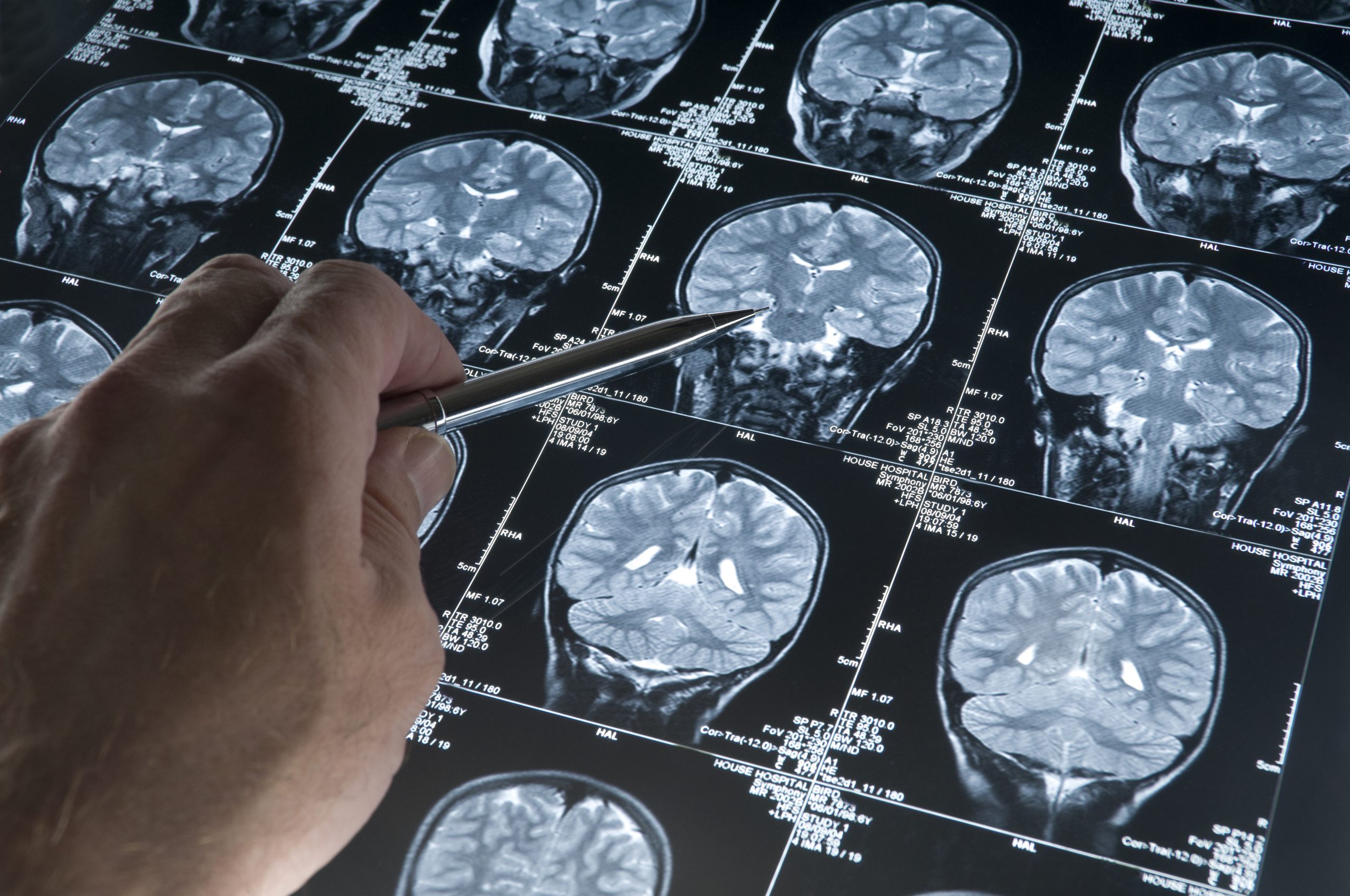
A study presented at the American Society of Hematology’s 2021 Annual Meeting found that the presence of clonal hematopoiesis of indeterminate potential (CHIP) was “surprisingly” yet decidedly associated with a reduced risk of Alzheimer’s disease (AD) dementia and AD-related neurologic changes. Researchers made this determination based on an analysis of individual-level data of 5730 patients from the Trans-omics for Precision Medicine project (TOPMed) and the Alzheimer’s Disease Sequencing Project (ADSP).
Regarding specific genotypes, “the protective effect of CHIP was strongest in those with APOE e3 or e4 alleles, but not seen in those with APOE e2 allele,” explained the study’s lead author, Hind Bouzid, PhD, from the Pathology Department of the Stanford University School of Medicine in Palo Alto, California. Additionally, different mutated driver genes did not appear to affect AD risk.
CHIP was also linked to lower levels of neuritic plaques and neurofibrillary tangles in patients without dementia via analysis of occipital cortex samples from donors, a result which indicated a potential modifying effect on the pathophysiology of AD. Correspondent to that theory, marrow-derived mutant cells that had adopted microglial-like characteristics were seen in the microglia enriched (NeuN- C-Maf+) brain fraction in 7 out of 8 CHIP samples—with a variant allele frequency (VAF) range of 0.02-0.28 (representing 4-56% of nuclei).
Overall, the presence of CHIP was associated with a 36% lower risk of AD dementia and AD-related neurologic changes compared with those without CHIP (odds ratio [OR], 0.64; P < .001), after adjustment for age, sex, and APOE genotype.
The CHIP carriers had mutations in DNMT3A, TET2, ASXL1, SF3B1, and GNB1 with the highest frequency in DNMT3A and TET2, which was consistent with the relative proportion of mutations in the general population. Further, analysis of samples showed that around 40-80% of myeloid clusters formed by hematopoietic cells had CHIP mutations, “indicating widespread replacement of the endogenous microglial pool by mutant cells,” Dr. Bouzid reported.
He and the other researchers ultimately speculated that the protection against AD dementia and AD-related neuropathologic changes could be from CHIP enhancing the ability of precursor cells to “engraft in the brain, to differentiate into microglia once engrafted, and/or to clonally expand relative to unmutated cells in the brain microenvironment,” any of which could improve the endogenous microglial system’s phagocytic capacity during aging.
Disclosures: The study authors reported no relevant conflicts of interest.
Reference
Bouzid H, Belk J, Jan M, et al. Clonal hematopoiesis is associated with reduced risk of Alzheimer’s disease. Abstract #5. Presented at the 2021 ASH Annual Meeting, December 11-14, 2021.






 © 2025 Mashup Media, LLC, a Formedics Property. All Rights Reserved.
© 2025 Mashup Media, LLC, a Formedics Property. All Rights Reserved.